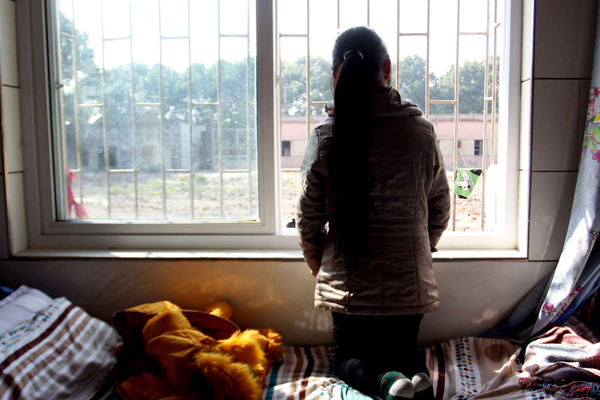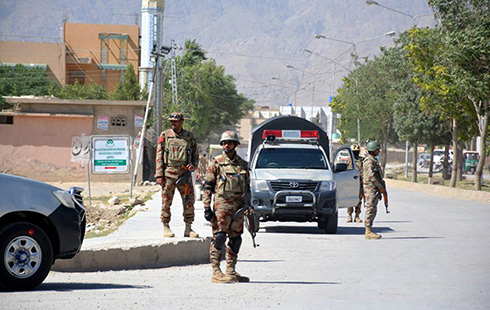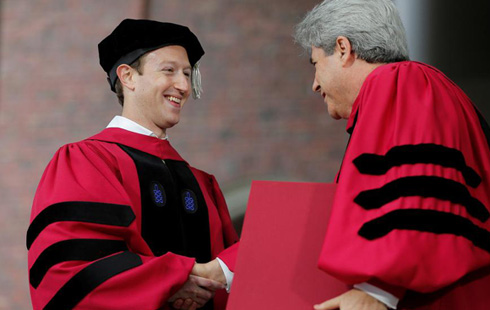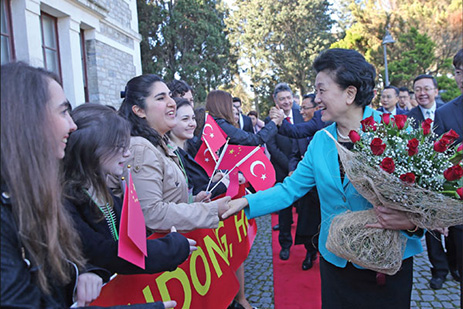China and Vietnam declare war on human traffickers
 |
|
A Vietnamese woman waits to be repatriated at a temporary hostel in Anqing, Anhui province. [Photo by Xu Pu/China Daily] |
Last year, police from both countries conducted a special three-month exercise that targeted traffickers. Figures provided by the ministry show that Chinese police uncovered 184 cases of human trafficking and arrested 290 suspects, including 29 Vietnamese nationals.
The exercise also smashed 61 criminal gangs, leading to the rescue of 207 Vietnamese women and one child.
"We still face a tough task fighting cross-border human trafficking because of the huge profits available to the gangs, and a lack of awareness among poor, ill-educated women," Chen Shiqu said.
He added that the large economic and social differences between China and Vietnam mean many Vietnamese women who are keen to work in China or move to the country in search of wealthy suitors are targeted and tricked by traffickers.
"These women often have low levels of education and their judgment is poor. They are eager to come to China to become rich, or to marry a rich man," he said.
Chen Jianfeng said the traffickers usually target rural women in their 20s and 30s.
"Some criminals have even established illegal cross-border marriage brokers who tell the women that they will live in a big city and marry a wealthy man," he said.
According to Chen Shiqu, the victims are often sold in China's rural areas as brides for poor villagers, or forced to provide sexual services in underground prostitution dens in coastal or border areas, including the provinces of Guangdong and Yunnan, and the Guangxi Zhuang autonomous region.
Yin Guohai, an officer with the ministry's Criminal Investigation Department, said Chinese gangs collaborate with their Vietnamese counterparts to conduct trafficking, and members are allotted different tasks to form a complete chain of interest.
Jin Yulu, a police officer at the Ruili checkpoint in the Dehong Dai and Jingpo autonomous prefecture in Yunnan, said Vietnamese traffickers search for local women, and then arrange for them to illegally bypass border checkpoints by taking them along hidden roads in forested or mountainous areas, although a number also enter China illegally by river.
Upon arrival, the traffickers transfer the women to their Chinese accomplices, who provide lodgings, contact agents and then transport them to various parts of the country.
The price for each woman usually ranges from 60,000 to 100,000 yuan ($8,700 to $14,490), based on age, appearance and nationality, he added.
Earlier this month, 13 men were arrested in Yunnan and charged with cross-border trafficking. They are accused of bringing 27 Vietnamese women into China for forced marriages between July 2014 and April last year, according to the Kaiyuan people's court in Yunnan's Honghe prefecture.
Ten of the defendants are accused of kidnapping the women from the border area and selling them at prices ranging from 33,000 yuan to 100,000 yuan each in rural areas of the provinces of Hunan, Shandong and Hebei.



















